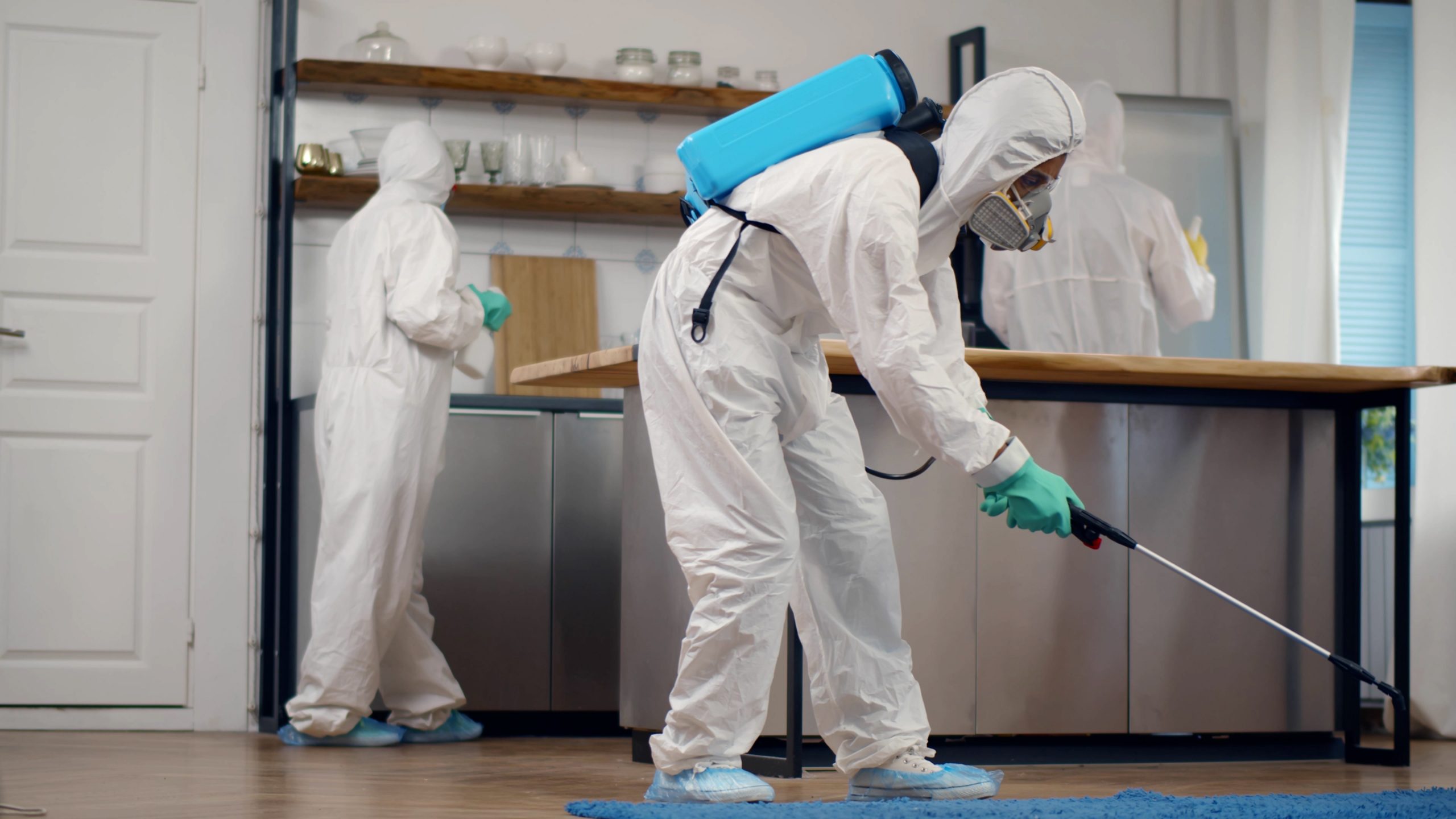Professional Parasite Control Techniques for Long-Term Results
In the world of parasite control, attaining continual effectiveness and long-term results requires a careful strategy that transcends mere elimination. Professional pest control methods encapsulate a thorough technique that starts with a detailed inspection and assessment, followed by accurate bug identification to recognize their actions patterns. The implementation of Integrated Pest Administration (IPM) concepts, coupled with eco-conscious treatments, creates the cornerstone of sustainable parasite removal. Nonetheless, real test lies in the recurring monitoring and upkeep of the treated areas, making certain a pest-free setting for the foreseeable future. By diving into the complexities of these strategies, a much deeper understanding of professional bug control techniques for withstanding outcomes emerges.
Evaluation and Assessment
Upon entering a residential or commercial property for bug control services, the preliminary action is a complete evaluation and analysis to recognize the degree of the infestation and determine one of the most reliable treatment plan. Specialist bug control professionals are educated to thoroughly examine the properties, looking for indications of bug activity such as droppings, gnaw marks, nests, or any kind of structural damages. They will certainly also assess the problems that may be attracting bugs, such as food sources, water leakages, or entrance points.

Pest Identification and Habits

Additionally, comprehending the behavior of the identified insect is essential to executing effective control actions. Understanding where pests nest, what they feed on, and their activity patterns can help pest control specialists design methods to eradicate them successfully. Some bugs may be nighttime, while others are a lot more energetic throughout the day. This understanding allows for the application of therapies at optimal times for optimum efficiency.
Integrated Pest Administration (IPM)
Integrated Parasite Administration (IPM) approaches combine multiple techniques to manage and prevent insect problems in a sustainable and eco-friendly manner. pest control. By incorporating techniques such as organic control, environment adjustment, modification of cultural methods, and the usage of resistant varieties, IPM aims to decrease making use of chemical pesticides
One of the essential concepts of IPM is the emphasis on prevention. This positive method involves monitoring bug populations routinely to find any kind of potential problems before they intensify. By recognizing parasite problems at an early stage, pest control procedures termite inspection companies can be carried out promptly and successfully.
Furthermore, IPM promotes the use of non-toxic pest control methods whenever possible. This can include employing all-natural predators of the insects, introducing valuable pests, or making use of scents to interfere with breeding patterns. By minimizing reliance on chemical pesticides, IPM not just protects the environment yet additionally aids preserve an equilibrium in the ecological Go Here community.
Environmentally-Friendly Therapies
Executing eco-conscious approaches in parasite control treatments can efficiently resolve invasions while focusing on environmental sustainability. Environmentally-friendly therapies focus on decreasing the effect of parasite control methods on environments, non-target organisms, and human wellness.
Another secret facet of environmentally-friendly treatments is using organic and eco-friendly products that damage down quickly without leaving unsafe residues in the atmosphere. Botanical insecticides stemmed from plants like chrysanthemums or neem provide reliable parasite control while presenting marginal danger to non-target varieties. Additionally, using methods like warm therapies or pheromone catches can target specific bugs with accuracy, decreasing the general ecological effect of bug control practices.
Continuous Surveillance and Upkeep
Regular security and maintenance are essential components of effective parasite control management. Continuous tracking plays a critical duty in making certain that parasite problems are detected early and taken care of promptly. Regular assessments by skilled specialists are needed to determine any type of indications of insect activity, assess the effectiveness abc pest control of previous therapies, and make changes to the bug control strategy as needed. By keeping track of pest populaces in time, insect control experts can track fads, prepare for prospective issues, and apply preventative procedures to reduce the risk of future infestations.
Along with monitoring, maintenance techniques are vital for long-lasting bug control success. This consists of implementing appropriate cleanliness actions to eliminate potential food and water sources for bugs, sealing access indicate stop parasites from getting in the premises, and attending to any kind of architectural concerns that can facilitate pest invasions (bed bug heat treatment). By integrating continuous surveillance and upkeep right into an incorporated bug administration approach, organizations can ensure a pest-free atmosphere and protect their property versus pricey damages and wellness dangers
Verdict
Finally, using expert pest control techniques such as comprehensive evaluation and assessment, exact parasite recognition and understanding of their habits, integrated pest administration methods, environmentally-friendly treatments, and ongoing monitoring and upkeep are necessary for accomplishing long-term cause pest control. By implementing these approaches, individuals can effectively take care of bug invasions and preserve a pest-free environment in a sustainable fashion.